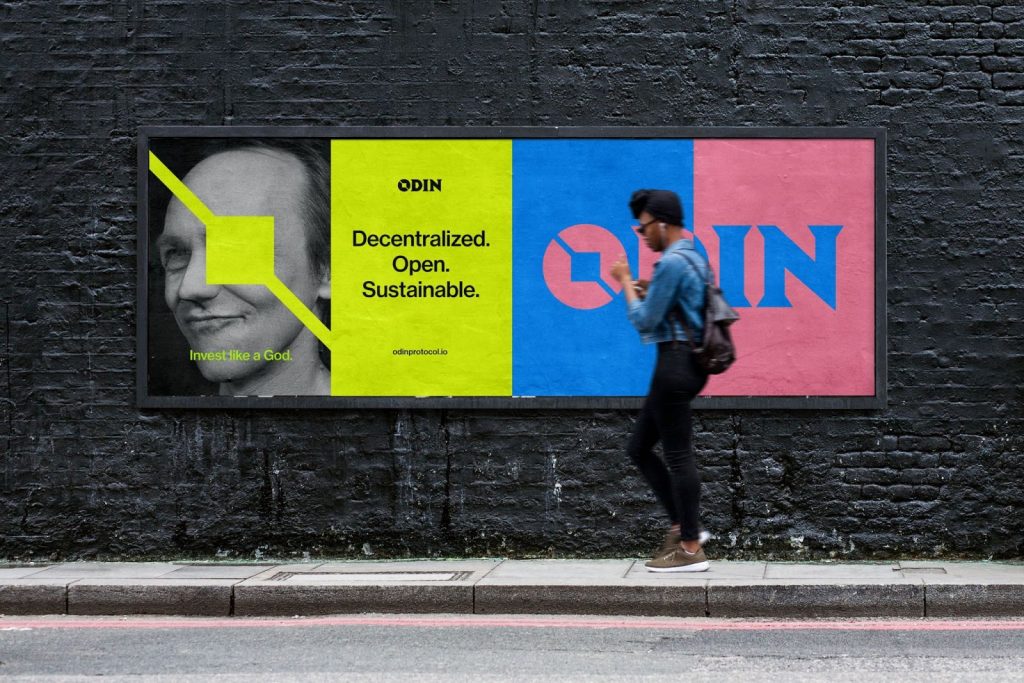
Madrid, Spain, 24th April 2021, ZEXPRWIRE – Open Data Interoperable Network, an innovative system developed by GeoDB, is now live on the Binance Smart Chain(BSC). The primary objective that ODIN hopes to achieve is to create an interactive ecosystem by playing the role of a data oracle network. On top of that, the protocol’s architecture seeks to serve users through a decentralized trading and data-sharing network.
Leveraging the BSC network will bring several advantages to ODIN’s functionalities. Today, Ethereum’s network faces a major influx that has led to an increase in gas fees. As a result, developers opt to utilize BSC’s technology whereby users can enjoy cheaper transaction processes that can cost as low as 1 cent.
Furthermore, BSC offers a high-performance transaction operation with the ability to generate a block within three seconds.
Another added advantage is that the independent BSC blockchain enables users to run and grow their decentralized applications along with the respective smart contracts. In general, ODIN hopes to encounter these advantages as it now resides on BSC’s sustainable and scalable technology.
How ODIN Achieves Decentralization
ODIN focuses on achieving the concept of decentralization as it employs the principle of a data oracle network. Validation is among these factors that will build ODIN’s decentralized system.
Essentially, a validator performs the role of inquiring for external data, validating transactions, and extending their support to ODIN protocol. Validation guarantees that the information transfer procedure remains decentralized in that several validators fetch data sources with similar requests and come up with a report of the data they obtain. Therefore, no single entity can convey data from multiple sources into the system.
The other decentralization aspect is that any user can become a data provider on the ODIN network. This permissionless feature only requires the aspiring data providers to set up a transaction that establishes a new data source and sets up how one can access this source.
Lastly, the ODIN protocol accomplishes its decentralization goal by allowing any user to develop an algorithm procedure for handling the obtained data. An end-user, therefore, will have alternative options of retrieving the processed data based on certain factors such as price and the source’s reputation.
ODIN Token
ODIN protocol utilizes ODIN native token as an incentivization tool for validators to generate new blocks. The digital token has the following use-cases:
- It acts as a mechanism for governance activities
- A payment instrument used by buyers to pay for data retrieved from ODIN’s ecosystem
- Holders can apply to become validators through the native token
- Holders who do not wish to become validators can delegate their tokens to validators and earn a segment of that validator’s accumulated fees.
Out of the 100 million ODIN tokens in the market, the founding team is allocated 10%, staking and validator’s rewards receive 30%, 10% goes to the data consumers pool, and the remaining 50% is distributed to ODIN’s treasury.
A Delegated Proof of Stake Algorithm is employed on the ODIN protocol whereby a select number makes critical updating decisions of validators. The token holders are solely responsible for electing validators through a voting procedure.
About GeoDB
GeoDB is a next-gen ecosystem that aims at building a peer-to-peer data-sharing network. Through integrated applications, GeoDB anticipates more than 12 million users to join its data exchange system.
The platform has made impressive strides after collaborating with prominent technological partners such as Ocean Protocol, Chainlink, Rate & Grade, About Goods, Flame Analytics, and many more.
In February 2021, GeoDB announced the integration of Binance Chain as a second layer that will improve the reward system of any application on GeoDB’s ecosystem.
The integration also means that it will market GeoDB’s native token(GEO). Initially, GeoDB utilized Ethereum’s mainnet to reward its users. Since Ethereum and Binance are two different blockchains, users can transfer their tokens from GeoDB on Ethereum to Binance Chain through a smart contract named bridge. Deploying GeoDB on the Binance Chain will elevate the ecosystem’s transaction functionalities the same way as ODIN’s BSC integration.
Media Contacts
Name: Anant SIngh
Organization Name: GeoDB
Email: [email protected]
Website URL: Click Here
The post ODIN Protocol Finally Launches on Binance Smart Chain appeared first on Zex PR Wire.
Information contained on this page is provided by an independent third-party content provider. Binary News Network and this Site make no warranties or representations in connection therewith. If you are affiliated with this page and would like it removed please contact [email protected]
